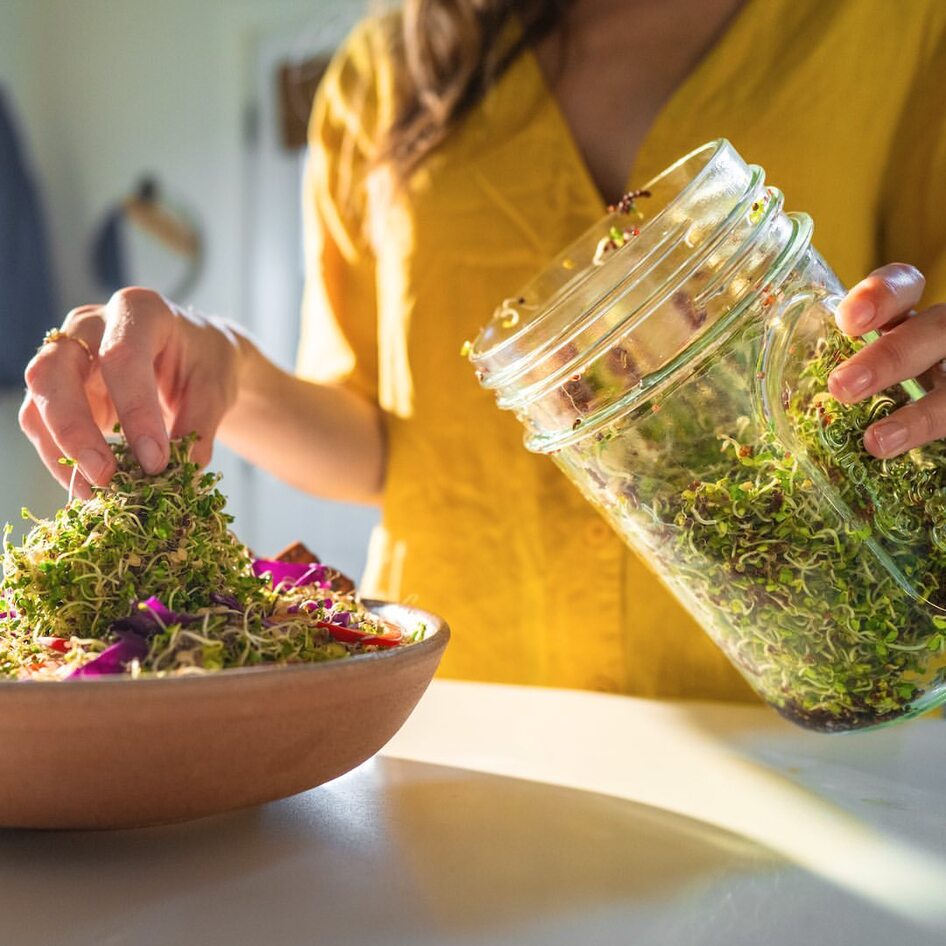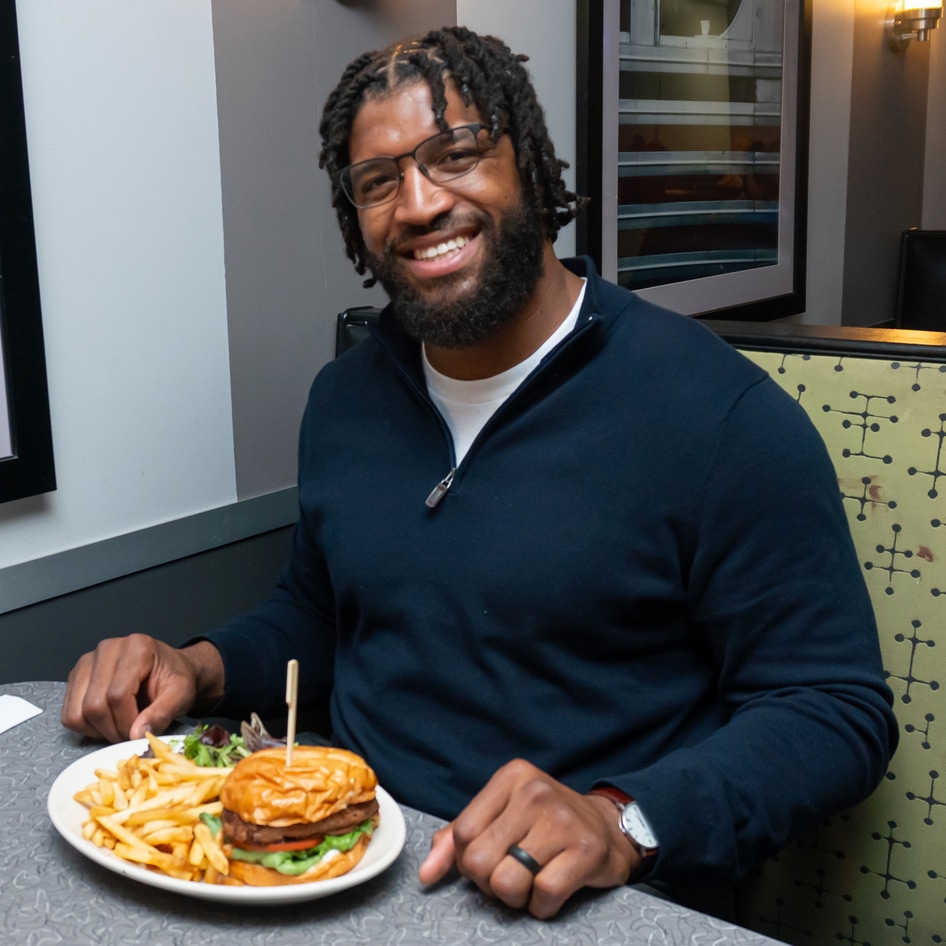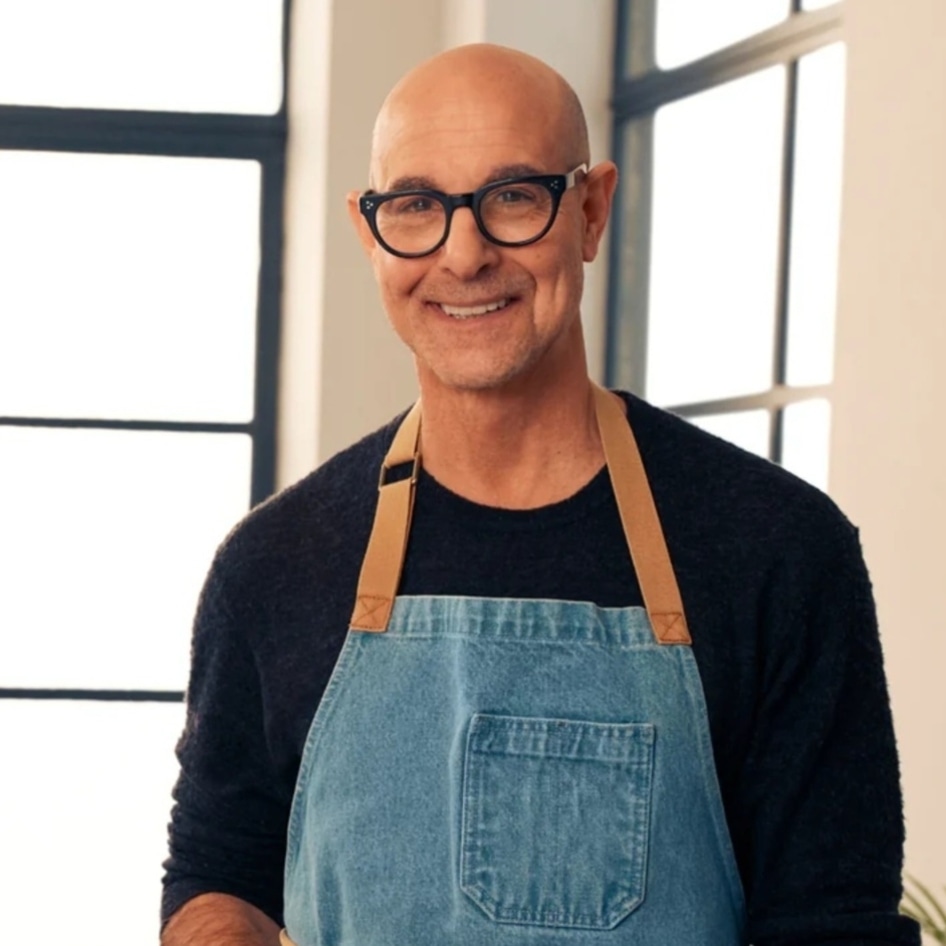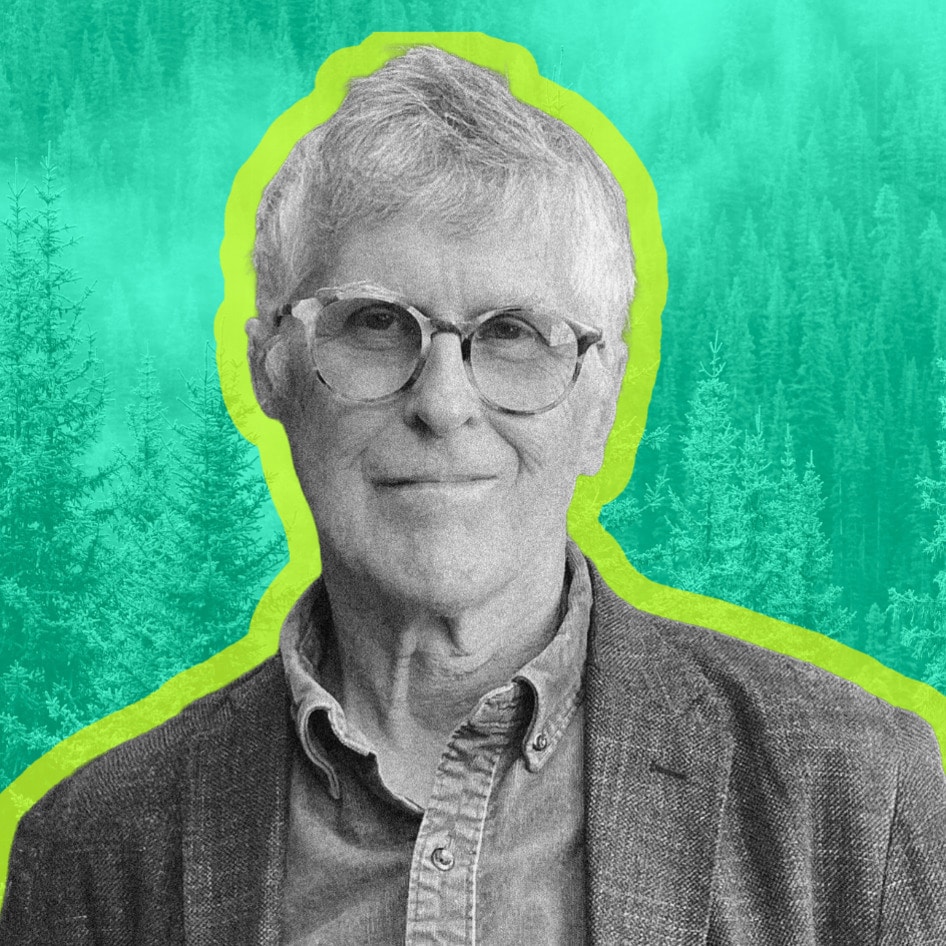Jackson Galaxy, cat behavior expert, cat wellness consultant, and host and executive producer of Animal Planet’s long-running hit show My Cat From Hell, has always stayed true to his roots as an animal shelter worker and humane educator. So, naturally, the fervent animal advocate followed his heart and took the next logical step by becoming vegan six years ago—a choice he says was not just easy, but spiritual. Galaxy, the two-time New York Times best-selling author of four books about cats, including his newest book Total Cat Mojo—a comprehensive guide on how to eliminate the behavioral problems of cats by understanding their instinctive behavior—has always had a deep compassion for animals. Galaxy’s special bond with cats led him to work with them and their owners for decades, founding the Jackson Galaxy Project (JGP) in 2015, which seeks to better the lives of at-risk animals by transforming the places they live and helping the people who care for them, and hosting this weekend’s Cat Camp in New York City, an immersive, fun-filled event that explores and celebrates everything about cats. Galaxy sat down with VegNews to discuss why he stepped up his animal advocacy game by going vegan, and the little ways he gently nudges others to do the same.
He decided it was time to start walking the walk.
With everything Galaxy did for animals, at one time his advocacy stopped short. In fact, there was a time he was resistant to the idea of being vegan. He recalls an interaction that caused him to deeply self-reflect. “I was on an advocacy chat board and someone posed the question, ‘Can you call yourself an animal activist and not be vegan?’ And at the time I was not vegan, and I said, ‘Well, of course you can. I’m an activist. I lobby for animals everywhere.’ I think it was that defensive answer that made me start examining that question: Can you? I think everybody can do something and not everybody has to do everything, but if you’re going to call yourself something, you’d better walk that walk.”
A gentle nudge is all it took.
The gentle nudging of then partner (now wife) Minoo Rahbar had him questioning where and why he was drawing a line for animals, and soon had him reflecting on his choices. He recalls Rahbar posing the question, “Why would you advocate for X and not Y?” He explains how it’s one of those things that seems obvious, but it’s not until somebody asks you the questions that you formulate the answers. Rahbar, a longtime dedicated vegan, encouraged Galaxy but never pushed veganism on him, and he sites her gentle patience and compassion as primary drivers in his decision to become vegan.
He believes in progress not perfection.
Galaxy firmly believes that when it comes to promoting veganism, rigidity is counterproductive. “One of the main points we always go back to is progress not perfection,” he says. “I think one of the foes to not just being vegan but working for the animals in general is a sense of rigidity. I think there’s this old school that was so focused on finger-pointing and yelling and threatening that it harmed the movement a little bit. So, I think it’s important to not be rigid.” Flexibility, he says, is a key factor when encouraging others to consider becoming vegan. No one, he maintains, responds well to being screamed at—nor can they look inward and examine themselves unflinchingly. His philosophy is reflective of both his own vegan journey and the gentle approach to learning he’s been applying to his work with both animals and people for more than 20 years—and he believes it’s the right approach to promoting veganism.
He nudges others, but very gently.
Galaxy lauds the dynamic time we live in and the plethora of products on the market that make eating vegan easy. And while he respects his wife’s consistently healthy choices, he likes to indulge once in a while. “I love my Impossible Burger more than you can possibly imagine,” he says. At the same time, he laments the curse of mass consumerism and how easy it is to eat animal products because “they don’t look like anything.” While most scoff at eating tongues and eyeballs, they don’t flinch while eating burgers and hot dogs. “One of the gentlest ins I have is when people react with total disgust over the dog and cat meat trade in various parts of Asia. They’re like, ‘Oh my god.’ And then you have that in: ‘So, what’s the difference? Because cats and dogs live in our homes as our companions, but the animals we eat don’t? There are cultures that simply don’t make that distinction: Why is their choice disgusting?’ It’s times like that. Those are little ways to nudge somebody, just to examine. That’s why I’m an incrementalist. I know the world is not going to go vegan overnight, but I think change would happen if each meal was a choice, if you stopped for a second and thought about it.”
He became spiritual, and, in turn, more outspoken.
Galaxy struggles to put into words how profoundly being vegan has affected every corner of his life, explaining how he’s a more understanding, more loving, more compassionate, more spiritual person than he ever imagined possible. “I can’t even speak to how spiritually grounding it is,” he says. “It goes so far beyond your body. It’s like your choices become a meditation. Your choices become a prayer, and it feels great. It feels amazing to know that you’re truly a friend to animals and that you’re speaking for them, and not just dogs and cats, but everybody. The most gratifying life I can imagine is spreading love for animals; I mean a true love for them. To know how it feels to know you’re advocating for beings that are at our mercy, that don’t have a voice. It was time to raise my voice a little louder.”
He wants his fans to consider veganism, too.
In earlier days, Galaxy worried about alienating people with his veganism, and he has on occasion been surprised by how he is perceived; those who view his veganism as a dietary restriction get his back up especially, because, he asserts, “it’s a choice.” But his days of being quietly vegan are behind him. What he wants more than anything else is for those who appreciate his work to think about their choices; their food choices, their clothing choices—right down to the deodorant they’re using. “That’s it,” he says, “think about it, and know the animals will thank you. As much as the cat thanks you that you saved from the street; other animals are waiting for you as well.”
Marika Collins is a writer, editor, and photographer in search of the perfect doughnut and her next cup of coffee.
JUMP TO ... Latest News | Recipes | Guides | Health | Subscribe







